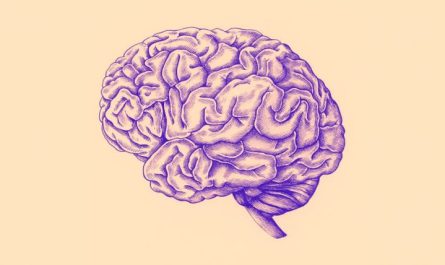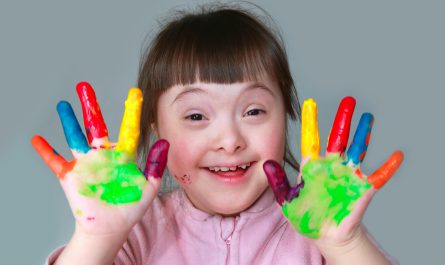The COVID-19 pandemic has made life more difficult for people as it affects their physical and emotional well-being. People may feel overwhelmed, despair, helpless, and fearful as the pandemic unfolds around them. The reasons include lockdown or quarantine, crisis for food, water, shelter, medical support, domestic violence at home or workplace, losing homes or loved ones, pre-existing mental health and physical health problems etc. Therefore, it is important to give them support and care during an emergency in the covid-19 pandemic. Moreover, the World Health Organization (WHO) recommends ‘Psychological First Aid’ as an appropriate tool to help many people in a time of crisis.
Effect of stress:
In the current scenario of the COVID-19 pandemic, stress is more commonly reported among people. To ensure safety, the government is making efforts to spread accurate information through digital mediums to make sure people get the authentic information. Ever since the government announced lockdowns and quarantine restrictions, more people came under stress as they were not able to go out and meet people. Many faced financial crises and some lost their jobs. There were patients who were unable to access hospitals and other medical facilities, resulting in loss of lives. Many could not even pay their last respects to their loved ones.
Studies are emerging on the physical and psychological effects of the COVID-19 pandemic on people. Some of the findings include:
- 2019). Some of these symptoms also resemble those of COVID-19 symptoms like fever, headaches and body or muscle pain (Cascella et al. 2020).
According to many studies, it was found that people who receive Psychological First Aid (PFA) and social support are learned to cope better or have better resilience during or after the time of crisis.
What is Psychological First Aid (PFA)?
WHO defined PFA as a “humane, supportive response to a fellow human being who is suffering and who may need support”.
The following Ethical Do’s and Don’ts as guidance are given to avoid causing further harm to the person, to provide the best care possible, and to act only in their best interest.
Do’s
Be honest and trustworthy
Respect people’s right to make their own decisions
Be aware of and set aside your own biases and prejudices
Make it clear to people that even if they refuse help now, they can still access help in the future
Respect privacy and keep the person’s story confidential, if this is appropriate
Behave appropriately by considering the person’s culture, age and gender
Don’ts
Don’t exploit your relationship as a helper
Don’t ask the person for any money or favour for helping them
Don’t make false promises or give false information
Don’t exaggerate your skills
Don’t force help on people, and don’t be intrusive or pushy
Don’t pressure people to tell you their story
Don’t share the person’s story with others
Don’t judge the person for their actions or feelings
For a more detailed understanding, you can visit this link: (Psychological First Aid: Guide for Field Workers).
Delivering Psychological First Aid or what PFA providers need to know:
It is not something that only professionals can do, it is not professional counselling nor “psychological debriefing” in that PFA does not necessarily involve a detailed discussion of the event that caused the distress. PFA is a simple method that everyone can use to help others in need just by being present physically or emotionally. Comfort and listen to them but not pressurizing them to tell their stories if they don’t feel comfortable to share. Do maintain confidentiality if required. It is also important to protect the people from further harm from worsening during the time crisis. Respect their decision, be non-judgemental and don’t make false promises and exaggerate your skills which you cannot provide.
Conclusion:
Psychological First Aid is a simple and effective way to provide necessary help to individuals in times of need. By providing support and comfort, helping the deprived with their basic needs, giving accurate information about Covid-19 and access to treatment facilities and promoting coping mechanisms for better physical and psychological well-being, we can help each other and soften the blow of the pandemic with resilience. It is the most practical way of helping fellow human beings during crisis situations. The utilization of PFA to enhance socialization and support will help people cope better during the time of the pandemic.




